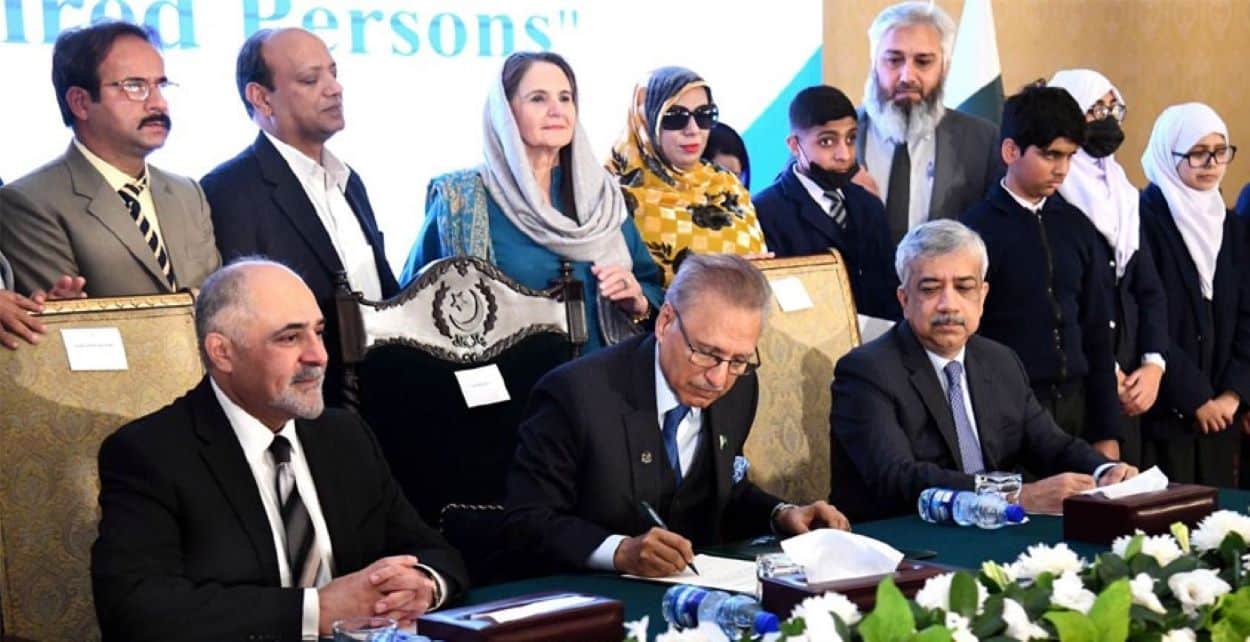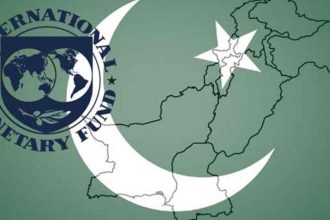Pakistan signed the Marrakesh Treaty, which enhances access to published works for visually impaired individuals. President Dr Arif Alvi officially signed the instrument of accession at a special ceremony at Aiwan-e-Sadr, aligning Pakistan with the global initiative administered by the World Intellectual Property Organization (WIPO).
The Marrakesh Treaty, signed in Morocco in 2013, is designed to facilitate access to books and literary works for those who are visually impaired or print-disabled. It allows the reproduction of published materials into accessible formats such as braille, large print, and audio editions. With Pakistan’s accession to the Treaty, approximately 10 million visually impaired Pakistani citizens will gain easier access to published works, which was previously limited under the Copyright Ordinance of 1962.
Presidential Remarks and Future Prospects
President Alvi expressed immense pride in joining the Treaty, emphasizing that it symbolizes a new path towards empowering visually impaired people in Pakistan. He highlighted that the Treaty will provide equitable access to educational resources and employment opportunities, thereby improving the overall well-being of visually impaired individuals. The president stressed the importance of inclusive practices and the need to discard societal taboos surrounding disabilities. He also commended Pakistan’s recent efforts to address the needs of differently-abled persons, adhering to the World Health Organization’s guidelines.
The president praised Pakistan’s progress in this field, citing the example of visually impaired diplomat Saima Saleem, who represented the country at the United Nations. He expressed optimism about the future use of artificial intelligence in assistive technologies, which will further enhance the lives of visually impaired persons. Additionally, President Alvi acknowledged the efforts of his wife, Samina Alvi, and the Ministry of Human Rights in advocating for and facilitating Pakistan’s accession to the Marrakesh Treaty.






